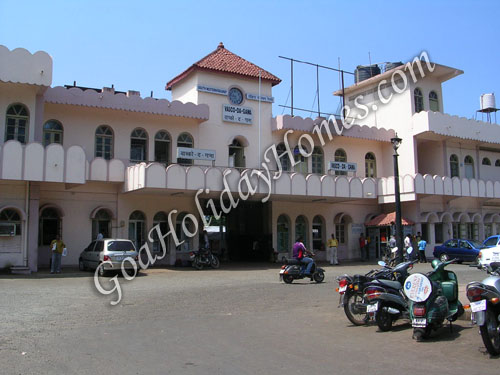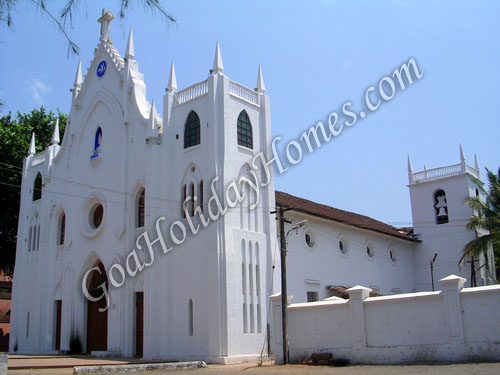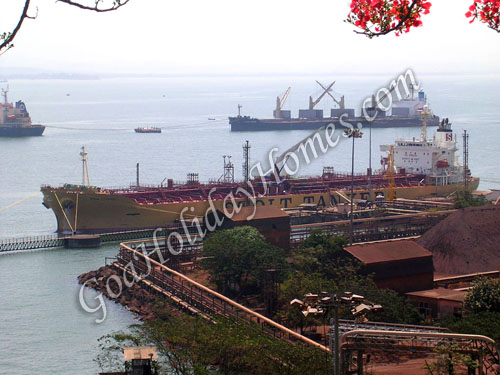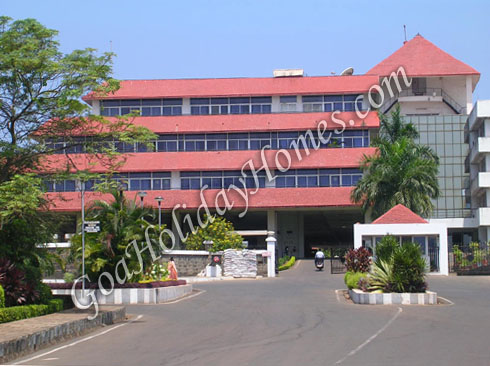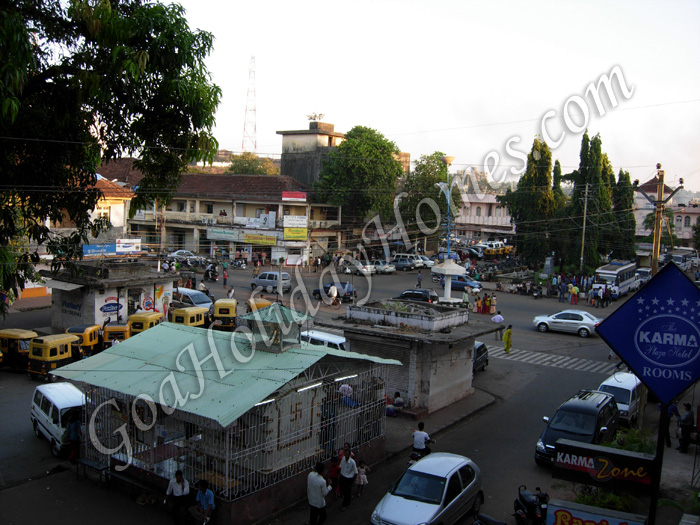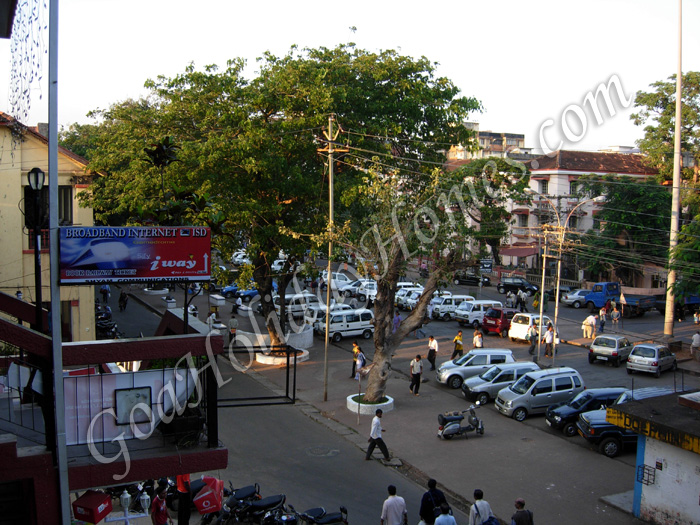Vasco
Originally Vasco da Gama was founded by Portuguese during their rule in Goa in the year 1543 and within the short period it was established as Western India’s busiest ports of all. Today at Sada, you see just remnants of the ramparts, actually it was the fort built by Portuguese in the same century after establishing Vasco as Western India’s Port to control smooth operation of shipping, sailing in Zuari River.
The forts importance came in place in the year 1685, when King Sambhaji of the Marathas attacked at Old Goa and the all the people were shifted here at this fort for safety purose. However the fort had to be abandoned, since the Murmagao was supposed to declare as Capital of the Portuguese Colony of Goa.
At Sada on the base of its lies a small beach, it is beautiful beach, with less crowd moving on the shore of beach. And on the in the hillside lies a fresh – water spring flowing through out the year.
The main town of Vasco is good and plain, interlinked with parallel roads moving in small lanes. The main feature in this town is the Church of St. Andrews, which was built about 400 years back. Vasco is famous for Murmagao Port, one of India's few natural harbours, which is lying 4 kms away from the city center and the Dabolim Airport, again just 4 kms away from the city towards southeast.
Vasco has two famous beaches. The bigger one and the more famous one is the Bogmalo beach which has luxury and mid-range hotels in the neighbourhood. It is also surrounded by some shacks too. The other beach is the Hollant beach which is a quite small. Same road which is moving to Bogmalo, lies Naval Air Museum, best among all the Asia, a fighter craft which done its duty for in its conflicts with the enemy is displayed in this Museum.
Vasco-da-Gama has key shipping center, Goa’s important economy, this place is also surrounded by huge numbers of mines. Huge traffic load carrying such containers vessels, iron ore barges and minerals to foreign countries is handled in Murmagoa port. Vasco also has a small railway station, running its service to many neighboring places.
Thus Vasco as its own Identity in its own way.

